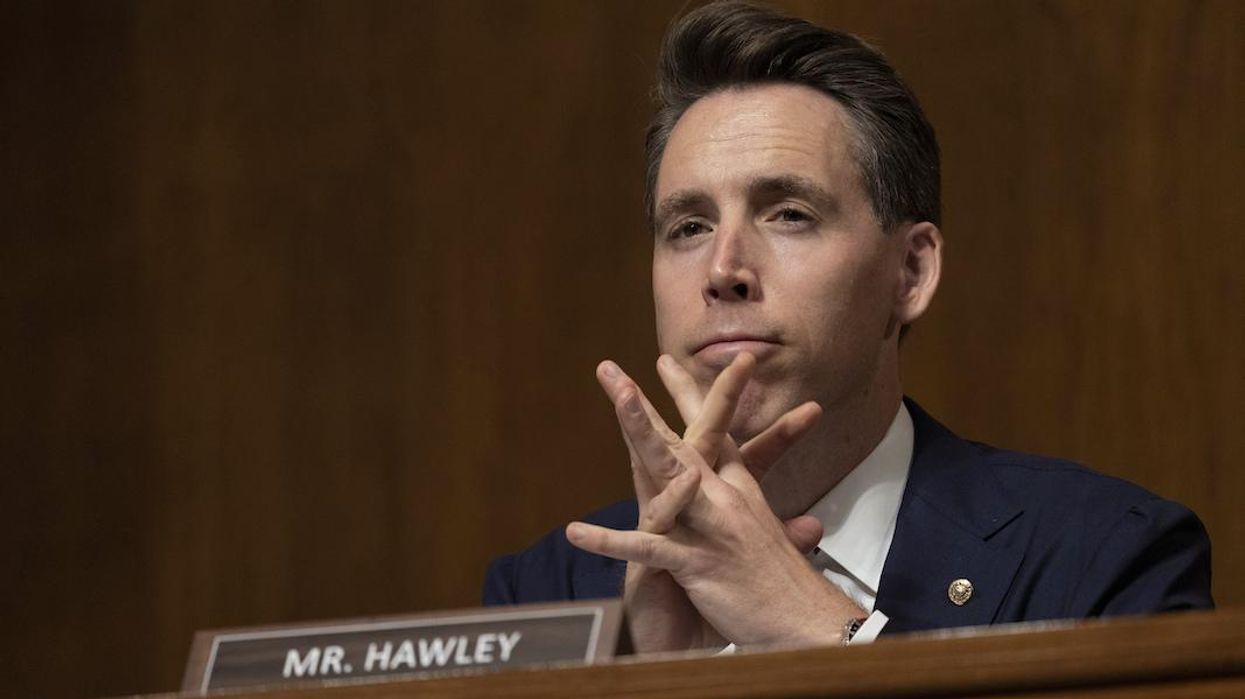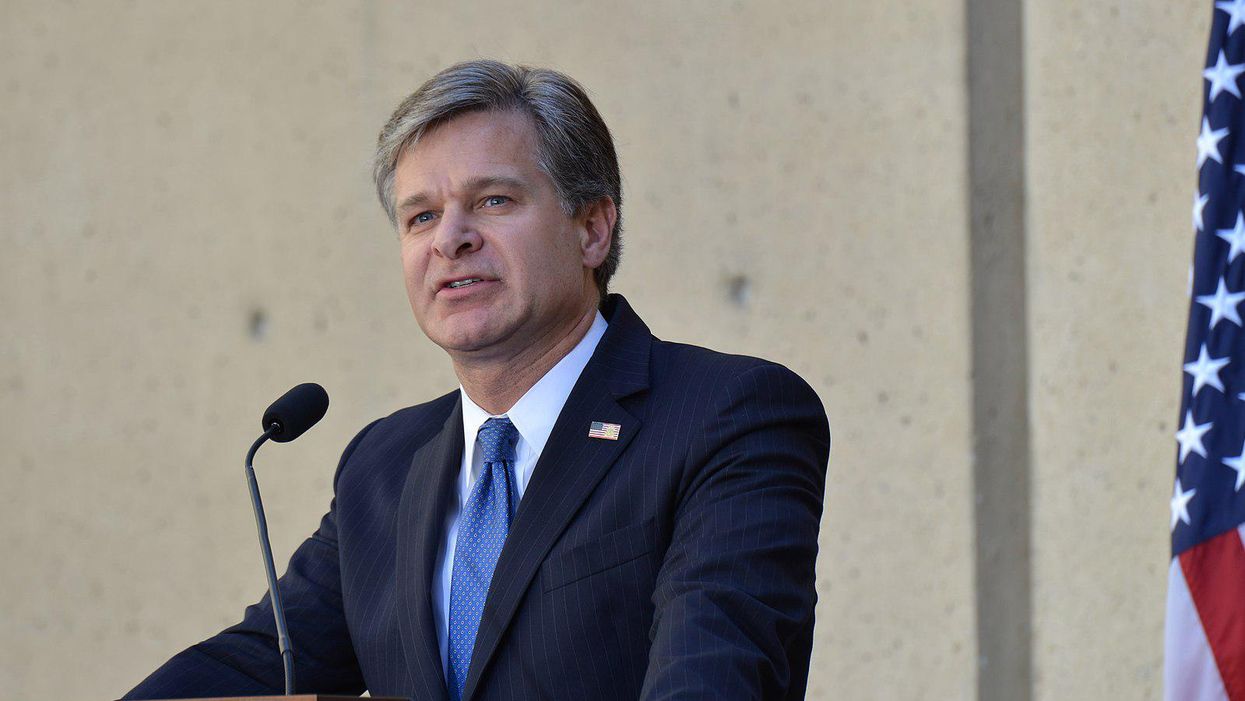As Prosecutor, Hawley Sentenced Violent Sex Abuser To Probation -- Not Prison
Sen. Josh Hawley (R-MO) has spent the past few weeks attacking Supreme Court nominee Ketanji Brown Jackson for her sentencing record, including falsely accusing her of showing leniency for sexual predators. But Hawley's own record as a prosecutor may not match his current rhetoric.
Last Wednesday, Hawley began his assault on President Joe Biden's nominee to replace retiring Justice Stephen Breyer with a lengthy Twitter thread. The Missouri Republican's widely debunked accusations falsely asserted that "Judge Jackson has a pattern of letting child porn offenders off the hook for their appalling crimes, both as a judge and as a policymaker" and showed an "alarming trend of lenient sentencing."
This week, Hawley used his time at Jackson's confirmation hearing to grill the nominee — the first Black woman nominated to the high court in U.S. history — over her handling of sex crime cases.
Noting one case, in which an 18-year-old offender received a three-month prison sentence for child pornography violations, he repeatedly demanded to know, "Do you regret it?"
Hawley then asked whether it would "surprise" Jackson to learn that another offender whom Jackson sentenced to 57 months in prison was "a recidivist," meaning that he had engaged in additional crimes later.
Jackson responded noting the totality of her record and observed that "there is data in the Sentencing Commission and elsewhere that indicates that there are recidivism — serious recidivism issues — and so, among the various people that I have sentenced, I am not surprised that there are people who re-offend and it is a terrible thing that happens in our system."
While Hawley has never served as a judge, he does have experience prosecuting sex crime cases as Missouri's attorney general from 2017 to 2019. Although that office has only a small prosecutorial role in the state's criminal justice system, Hawley's brief tenure was marred by criticism of his handling of sexual abuse claims by victims.
In January 2021, the Kansas City Star published a guest column by Pam Hamilton, a former Hawley appointee who questioned his handling of human trafficking cases. "I was on Josh Hawley’s human trafficking task force," the headline of Hamilton's story read. "He sought TV cameras, not justice."
One prosecution Hawley did handle as attorney general was a 2018 sexual abuse and domestic assault case against former Knox County Sheriff Robert Becker. According to the Missouri State Highway Patrol's probable cause statement, Becker was charged with violent sexual encounters against his former partner, who alleged he "choked" her with a shirt in one instance.
Instead of bringing the case to trial, Hawley agreed to a plea deal in which Becker served no jail time and instead received two years of probation and resigned his office.
"There is no place for law enforcement officers who abuse their power," Hawley said at the time. "As a result of today's plea, Mr. Becker can no longer serve in any law enforcement capacity. The Knox County community is safer as a result of today's action."
Hawley stepped down as Missouri's top law enforcement official in January 2019 after he was elected to the U.S. Senate. His successor, Missouri Attorney General Eric Schmitt, eventually filed probation violations in court against Becker. In November 2020 a judge ruled that Becker had failed to complete the mandatory sexual offender counseling required under the plea bargain and sentenced him to 20 days of "shock incarceration" — jail time intended to "shock" an offender into avoiding future crimes.
A spokesperson for Hawley did not immediately respond to an inquiry for this story.
Published with permission of The American Independent Foundation.












